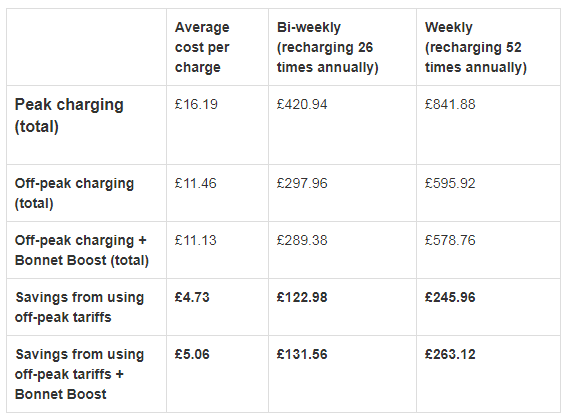Toyota Opens Up The Question Of Range Vs Charging Speed.
Friday, 16. June 2023
Toyota is developing new battery technology that will give future electric vehicles (EVs) a range of up to 932 miles (1,500km).
Unveiling its future EV plans, the manufacturer says that it will introduce a step-change in battery performance over the next five years.
From 2026, it will introduce new battery technology offering a range of 1,000km (621 miles), by increasing the energy density of the battery, weight reduction and improving vehicle aerodynamics.
At the same time, it aims to cut costs by 20% compared to the current bZ4X and achieving a quick charge time of 20 minutes or less from 10-80% power.
Toyota is also developing low-cost batteries that it says will contribute to the spread and expansion of battery electric vehicles (BEVs).
The bipolar structure battery, which has been used in the Aqua and Crown hybrid vehicles, is now being applied to BEVs.
The battery uses lithium iron phosphate (LFP) and is expected to be available from 2026-2027.
The low-cost battery will offer a 20% increase on range compared to the current bZ4X (up to around 375 miles), but come with a 40% reduction in cost, and recharging in 30 minutes or less (10-80% charge).
However, it is the development of all-solid-state batteries which could deliver a step-change in how far the manufacturer’s car will trave on a single charge in the future.
Having discovered a technological breakthrough that overcomes the longstanding challenge of battery durability, the company says it is reviewing its introduction to conventional hybrid electric vehicles (HEVs) and accelerating development as a battery for BEVs.
It is currently developing a method for mass production, striving for commercialisation in 2027-2028.
The technology, it says, will deliver a 20% improvement in range compared to the 1,000km range promised from 2026, with an even quicker charge time of 10 minutes or less (10-80% charge). That would give Toyota a BEV range of up to 1,200km (745 miles).
A higher-level specification battery being developed at the same time, however, is aiming for a 50% uplift, delivering a range of up to 1,500km (932 miles).
“What we want to achieve is to change the future with BEVs,” Takero Kato, president of new Toyota EV unit BEV Factory, said in a video posted on the manufacturer’s YouTube channel today (Tuesday, June 13).
“We will launch the next-generation battery EVs globally and as a full line-up on the market from 2026,” Kato said.
Today’s announcement comes after Toyota revealed in April that it was continuing its investment in plug-in hybrid (PHEV) technology, with the aim to launch models that cover more than 120 miles on a single charge.
At the time, the carmaker said it planned to position its future PHEV models as the “practical BEV”, sitting alongside a strengthened line-up of electric and hybrid cars.
In April, the automaker sold 8,584 EVs worldwide, including under its Lexus brand, accounting for more than 1% of its global sales in a single month for the first time. By Graham Hill thanks to Fleet News


